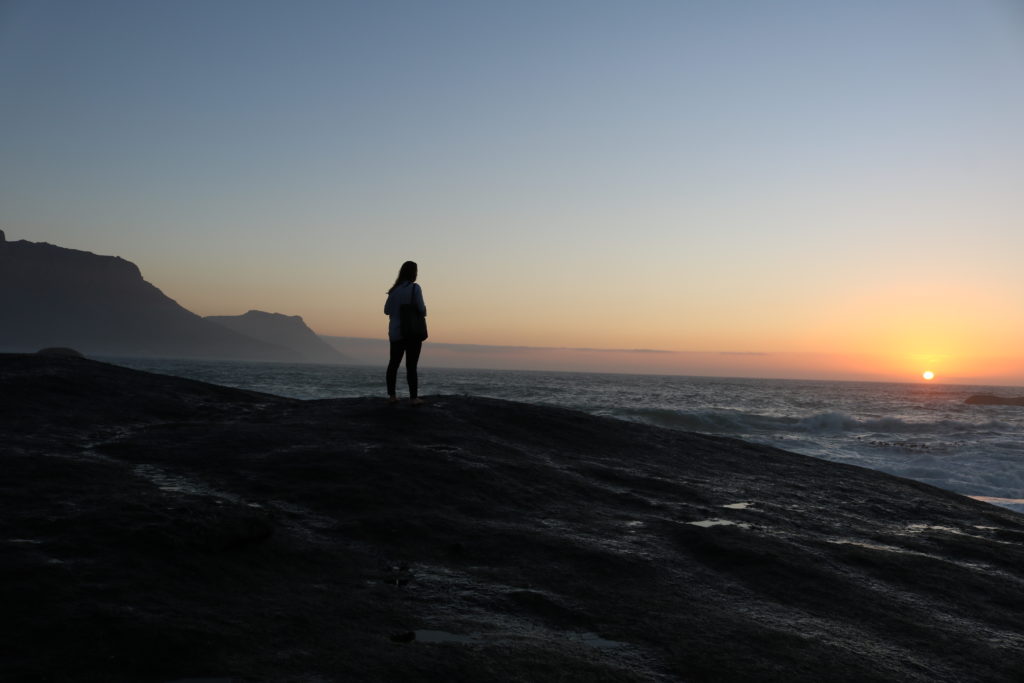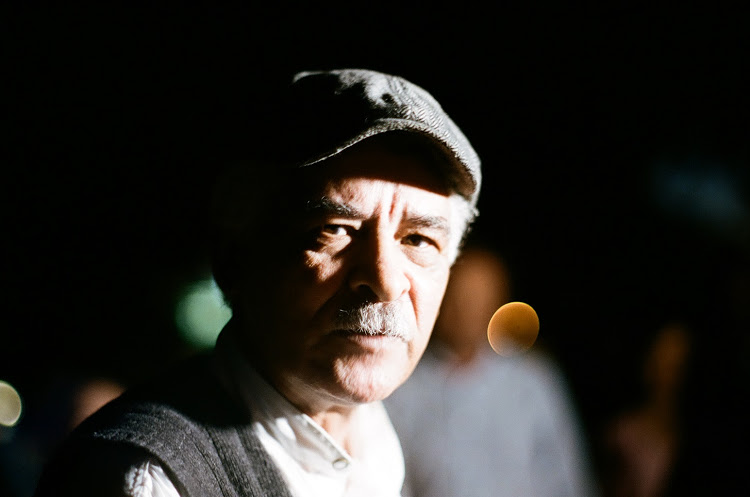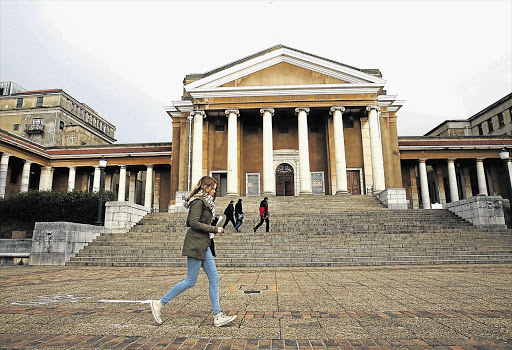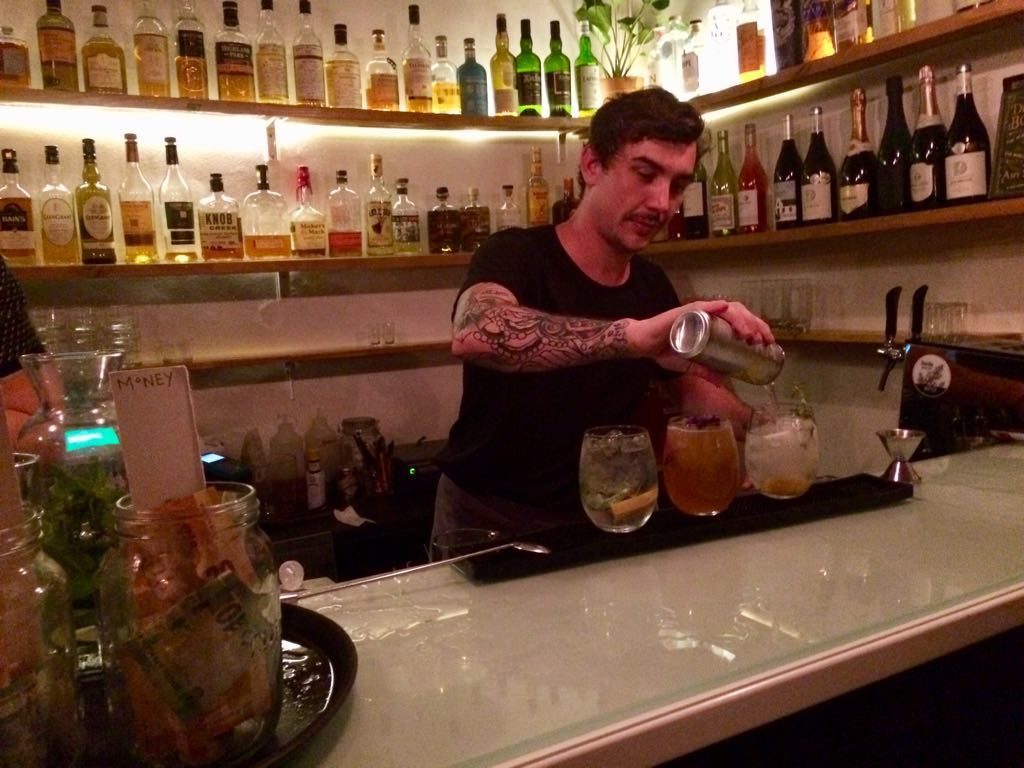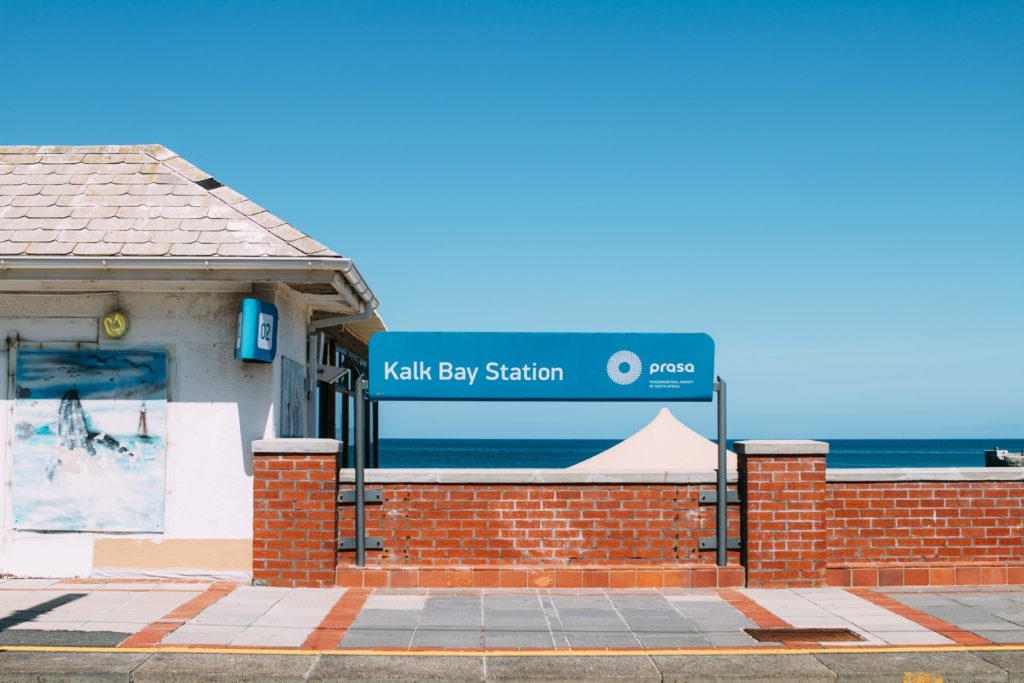Alumni
Move over, October, it’s Movember
Photo of the Day: November 21, 2017
Beautiful sunset at Camps Bay.
Stellenbosch man revives interest in area demolished under apartheid
AISHA HAUSER
“Almost half a century ago‚ Wilfred Damon was forcibly removed from his home in Stellenbosch because of the colour of his skin.
The 66-year-old retired teacher will return on Saturday to host a guided walking tour of Die Vlakte‚ where he will share memories of the Boland home he was forced to leave.
“The new generation‚ some of them don’t even know about it‚” Damon said on Tuesday‚ explaining that the walking tour initiative came about after his daughter‚ Ilze Wolff‚ was curious about where he grew up.”
Cape Town mortuaries cut waiting times for Muslims
By Olivia Decelles
Waiting periods for the release of Muslim bodies at Cape Town mortuaries have been cut by new measures put in place after complaints by the Muslim Judicial Council last month.
Council representatives were told at a meeting with the provincial health department on Tuesday that the allocation of more resources to the mortuaries had resulted in a halving of the waiting time.
The department previously undertook to release bodies between six and seven days after admission to mortuaries, but the judicial council had asked that the time be shortened for Muslims, to allow quicker burial as required by Muslim rites.
The new measures have reduced to an average of 3.5 days the time from admission to the release of bodies, said Western Cape MEC for health Nomafrench Mbombo.
The health department said the province had employed extra forensic pathology assistants and was appointing additional forensic pathologists and medical registrars to mortuaries.
Suicide spike jolts varsities
OLIVIA DECELLES & AISHA HAUSER
Academic and financial pressures taking their toll on students.
A spike in suspected suicides at South Africa’s top university has campus managers seeking the help of depression and anxiety experts.
Six University of Cape Town students have died from unnatural causes on its campuses so far this year.
Last year it was three, with the university management establishing a mental health task team after the deaths.
Ermahgerd‚ MTN says ‘offensive’ ad is just a joke
When can you make fun of a girl wearing dental braces? The advertising watchdog has ruled that it’s okay if enough people get the joke. Read more
Photo of the Day: November 3rd 2017
Cape Town was alive last night. People flooded the city center streets to celebrate First Thursday, an after-hours event with art galleries, street food, bars and live music. We were lucky enough to experience the speakeasy gin bar located behind a chocolate shop. The cocktails were as beautiful as they were delicious!
Lost Village // Kalk Bay Interview

When you first step off the platform at Kalk Bay station you can’t miss the gelato line that spills out the door and into the street, tourists parading their accents up and down the side walk looking for the perfect trinket to bring home, and over priced boutiques sporting ocean views. You would be forgiven for thinking you had arrived in a tourist trap, but according to Michael Jay this hasn’t always been the case for Kalk Bay.
Standing amongst shelves of hand-selected historical treasures polishing a gold platted ash tray, Jay, a Kalk Bay antique collector who has lived in the fishing village for 25 years, tells how he moved from his childhood home in the “clicky” municipality of Durban to the Cape. Jay lovingly remembers the “small village of hippies and starving artists” he found in the 1990s. Then, says Jay, Kalk Bay was a peaceful close knit community that wasn’t “totally affected” by the Group Areas Act which forced communities into racially classified spaces.
Across South Africa the spatial inequalities that this policy produced can be seen. But in Kalk Bay resistence to a 1970s plan to remove the “coloured” fishing community from the area continued long enough to ensure that a sizable part of the community remained in place. By the time Jay arrived, he says, the coastal town’s population had had an influx of artists, living alongside the fishermen. Race was not an issue – people of all hues made Kalk Bay their home.
Apartheid tensions were high, said Jay, but “this is where people came to escape.”.
Now, said Jay, “a completely different set of people” are living in Kalk Bay. The diversity of what he calls “the starving artist crowd” has been replaced by young wealthy families and trendy boutique shops that have brought in a regular stream of tourists and wealthy South Africans, adding security to the local economy.
“Now,” Jay’s eyes look out toward the groups of tourists shuffling up and down the alley outside his shop door, “it is all a bit lost now. It’s lost its closeness. When I first moved here everyone knew each other. And we have lost that small village mentality.”




